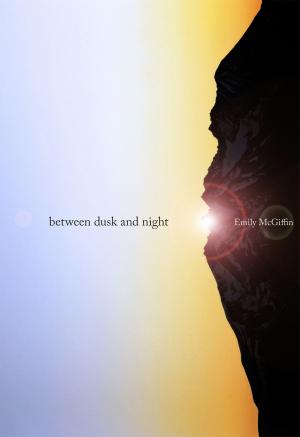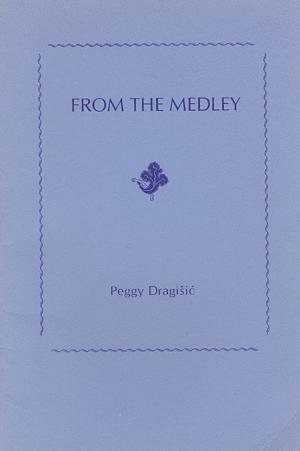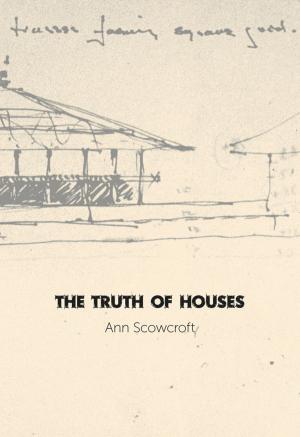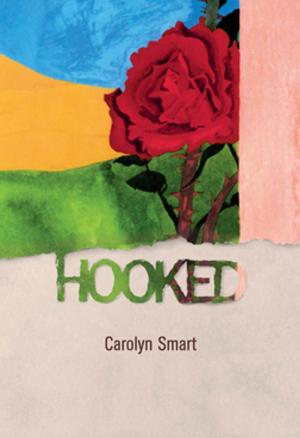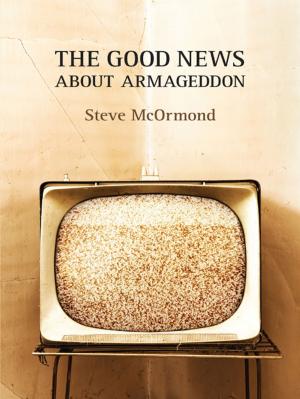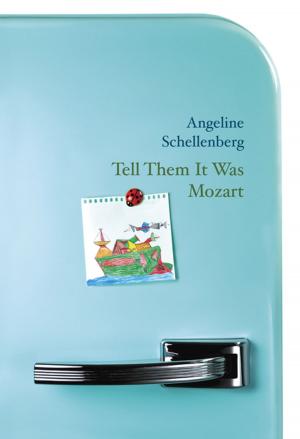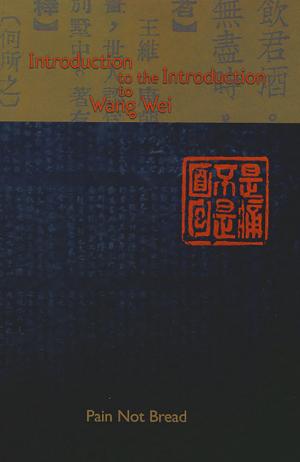| Author: | Deanna Young | ISBN: | 9781771314893 |
| Publisher: | Brick Books | Publication: | October 1, 2018 |
| Imprint: | Brick Books | Language: | English |
| Author: | Deanna Young |
| ISBN: | 9781771314893 |
| Publisher: | Brick Books |
| Publication: | October 1, 2018 |
| Imprint: | Brick Books |
| Language: | English |
Poems that unfold like liturgy, confronting old violence with a trembling, dignified restraint. Reunion is a parable, an origin story, a cautionary tale. It is also a time machine in which poems commune with ghosts in an attempt both to reckon with and subvert their legacy. It is a tale of the impossible quest for the original, unhurt self. A girlhood is re-inhabited and oddly transformed as the adult becomes ally of her younger self. Young’s writerly range extends through language both candid and stylized, and to forms from ballads to prayer to Biblical sermons. The voice is often interior, but at times it gains a public character—often through the use of religious language and song forms—and we sense that the child’s suffering is in many ways a community failure. The emotional and psychological landscape of these poems seems at once near and far, familiar and strange, uncanny in Freud’s sense. Young has created a distinctive pastoral-gothic hybrid; her daring spirit shapes a collection both deeply generous to and demanding of the reader. As I lay there on the couch / I bargained feebly, / weighing each thing I thought I loved / against the ache. (from “Lamb”)
Poems that unfold like liturgy, confronting old violence with a trembling, dignified restraint. Reunion is a parable, an origin story, a cautionary tale. It is also a time machine in which poems commune with ghosts in an attempt both to reckon with and subvert their legacy. It is a tale of the impossible quest for the original, unhurt self. A girlhood is re-inhabited and oddly transformed as the adult becomes ally of her younger self. Young’s writerly range extends through language both candid and stylized, and to forms from ballads to prayer to Biblical sermons. The voice is often interior, but at times it gains a public character—often through the use of religious language and song forms—and we sense that the child’s suffering is in many ways a community failure. The emotional and psychological landscape of these poems seems at once near and far, familiar and strange, uncanny in Freud’s sense. Young has created a distinctive pastoral-gothic hybrid; her daring spirit shapes a collection both deeply generous to and demanding of the reader. As I lay there on the couch / I bargained feebly, / weighing each thing I thought I loved / against the ache. (from “Lamb”)

